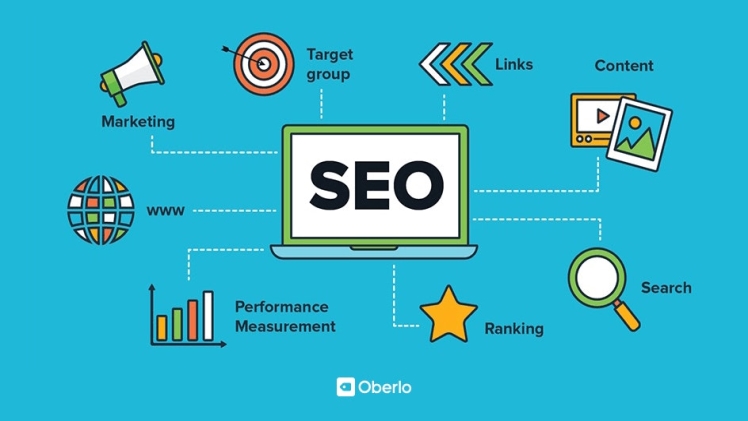Ecommerce has come a long way in recent years, and it shows no signs of slowing down. In order to stay ahead of the curve, ecommerce owners need to be equipped with the latest and greatest tools. Here are 7 tools ecommerce owners need in 2022:
1. Ecommerce Software
This is the foundation of any successful online store. Without ecommerce software, it would be nearly impossible to run an efficient and effective ecommerce operation. There are many different options available, so it’s important to choose one that’s right for your business.
Examples of ecommerce software include :
- Shopify
- WooCommerce
- Magento
2. Payment Processing
In order to take payments online, you’ll need a payment processor. This is a service that allows you to accept credit card and other electronic payments. There are many different processors available, so it’s important to do your research and choose one that’s right for your business.
Examples of payment processors include:
- Paypal
- Stripe
- net
3. Shipping Software
If you plan on shipping products to customers, you’ll need shipping software. This type of software helps you calculate shipping costs, create shipping labels, and track shipments. Shipping software is a must-have for any ecommerce business that ships products.
Examples of shipping software include:
- Shipstation
- ShippingEasy
- Ordoro
4. Inventory Management Software
Keeping track of your inventory can be a huge challenge, especially as your business grows. Inventory management software can help you keep track of what you have in stock, reorder items when necessary, and avoid oversold products.
Examples of inventory management software include:
- TradeGecko
- Brightpearl
- Unleashed
5. Accounting Software
Keeping track of your finances is crucial for any business, and ecommerce businesses are no exception. Accounting software can help you manage invoices, track expenses, and generate financial reports.
Examples of accounting software include:
- QuickBooks
- Xero
- Wave
6. Customer Relationship Management (CRM) Software
Managing your relationships with customers is critical for any business, but it can be especially challenging for ecommerce businesses. Indy CRM software can help you keep track of customer information, manage customer support requests, and improve your overall customer service.
Examples of CRM software include:
- Salesforce
- Zendesk
- HubSpot
7. Marketing Software
Marketing is essential for any ecommerce business. The right marketing software can help you create and manage effective marketing campaigns, track your results, and grow your business.
Examples of marketing software include:
- Hootsuite
- Mailchimp
- Adobe Creative Suite
8. SEO Software
SEO is essential for any ecommerce business that wants to be visible in search engines. SEO software can help you track your progress, improve your ranking, and attract more organic traffic to your site.
Examples of SEO software include:
- Moz
- Ahrefs
- Semrush
9. Web Analytics Software
Web analytics is critical for any ecommerce business. It can help you track your website’s traffic, understand your customers’ behavior, and improve your overall marketing strategy.
Examples of web analytics software include:
- Google Analytics
- Mixpanel
- KISSmetrics
Conclusion
Ecommerce is a rapidly growing industry, and it’s important to stay up-to-date on the latest tools and trends. By using the right tools, ecommerce owners can set their businesses up for success in 2022 and beyond.

